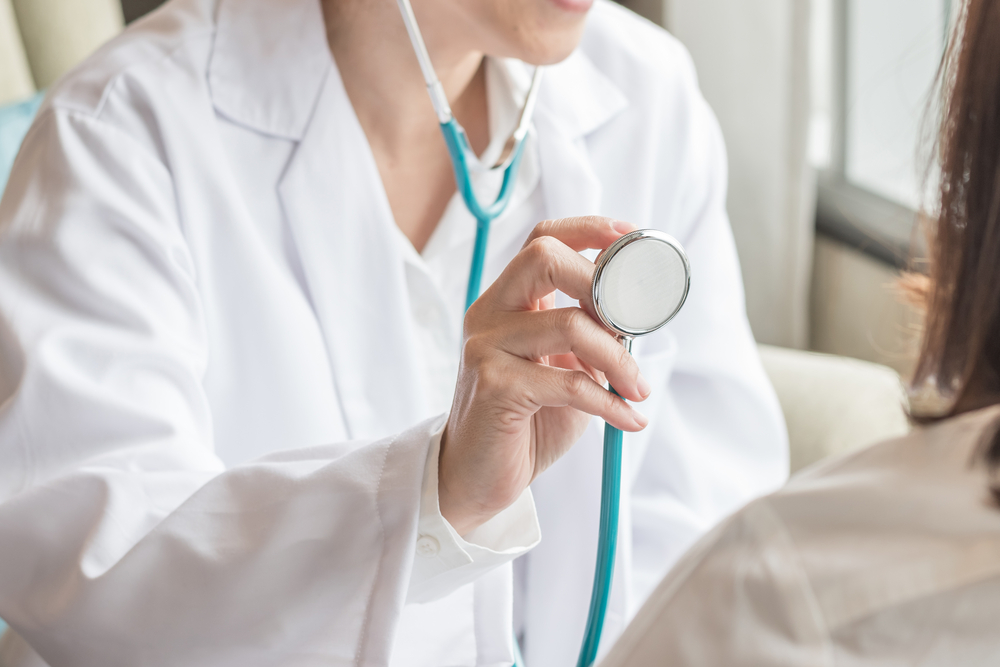An irregular heartbeat is also known as an arrhythmia. Arrhythmias can occur with a normal heart rate or even with a slow or fast heart rate. It feels like a fluttering in the chest or skipped beats.

An irregular heartbeat is also known as an arrhythmia. Arrhythmias can occur with a normal heart rate or even with a slow or fast heart rate. It feels like a fluttering in the chest or skipped beats.
The types of arrhythmias include:
Premature atrial contractions. This is a condition wherein there are early beats that occur in the upper chambers of the heart. They often do not require treatment.
Premature ventricular contractions. These are common arrhythmias and may even occur in people without heart disease. It may ve stress related or due to too much caffeine or nicotine. This may not require treatment.
Atrial fibrillation. This is also a common arrhythmia that is due to abnormal contraction of the upper chambers of the heart
Atrial flutter. This arrhythmia is often caused by fast circuits in the upper chambers of the heart or atrium. It is usually found in people with heart disease and after heart surgery. It often progresses to atrial fibrillation.
Paroxysmal supraventricular tachycardia (PSVT). This is a fast heart rate with a regular rhythm from above the ventricles.
Ventricular tachycardia. This is a fast heart rhythm from the lower chambers of the heart.
Ventricular fibrillation. This is due to disorganized firing of beats from the ventricles. This is a medical emergency.
Long QT syndrome. This is a condition which has the risk for “torsade de pointes,” a serious form of ventricular tachycardia. This can cause sudden death in young people.
Bradyarrhythmias. These are slow heart beats, which can be due to heart disease.
Sinus node dysfunction. This is a slow heart rhythm due to abnormalities in the SA (sinus) node.
Heart block. This is a block in the electrical impulse of the heart
Symptoms of arrhythmias include the following:
To diagnose an arrhythmia, tests should be performed such as:
Treatments for arrhythmias include the following:
Overview and FactsTypes and SymptomsDiagnosis & MedicationsOverview and Facts Referred pain is a phenomenon where pain is perceived at a [...]
Overview and FactsTypes and SymptomsDiagnosis & MedicationsOverview and Facts Quinoline yellow is a synthetic food colorant commonly used in the [...]
Overview and FactsTypes and SymptomsDiagnosis & MedicationsOverview and Facts Pneumothorax is a condition characterized by the presence of air in [...]